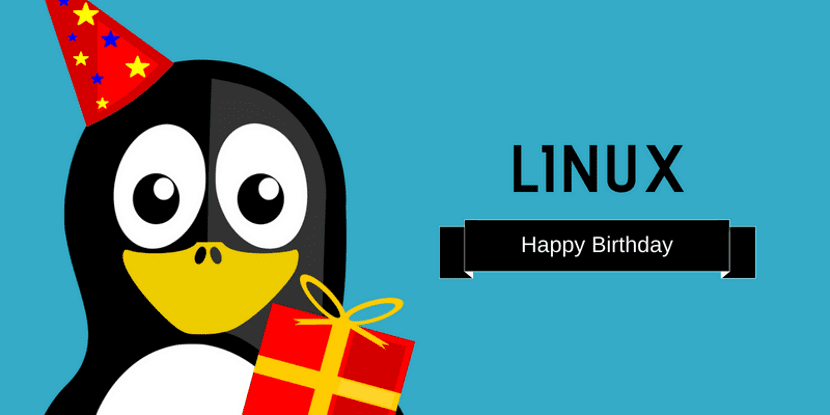
Linux turned 28 yesterday since it was announced by its creator Linus Torvalds, If we count that since August 25, 1991, the year in which the announcement was made for the first time future availability of Linux. Since the first public release of the Linux kernel was presented on September 17th.
That first Linux Kernel 0.0.1 that was released to the world was 62 Kb in size in compressed form and contained approximately 10 thousand lines of code (compared to the current Linux kernel which has more than 26 million lines of code).
At that moment, Linus Torvalds' collection of opinions complemented a demarcation effort with Minix.
In fact, unlike Professor Tanenbaum's choice to seat Minix in a microkernel, Linus chooses to stay on the Unix foundation and adopts a monolithic core structure for his operating system that is inspired by developments within Minix.
“I think designing a monolithic core in 1991 is a very bad idea. Be happy that you are not one of my students. I wouldn't get a good grade for such a design, ”Tanenbaum told Linus. In fact, the professor opined that the future of operating systems is not based on monolithic cores, but on micro-cores.
The 28-year-old announcement that Linus Torvalds wrote was as follows:
Hello everyone who uses Minix. I'm writing a (free) operating system (it's just a hobby, it won't be a GNU-level thing) for clones 386 and 486.
The project has been in process since April and takes shape little by little. I'd like feedback on things people like or don't like in Minix because my operating system looks a bit alike (including the physical organization of the file system, for practical reasons, among others). I ported bash 1.08 and gcc 1.40 and things are going pretty well.
This implies that I will propose something concrete in a few months and I would like to know what are the features that users will need the most. All suggestions are welcome, but I cannot promise that I will implement them all.
Warning: This operating system is not based on Minix code and its file system is multi-threaded. It is not portable and will probably never support anything but AT hard drives, because that is all I have, ”he wrote then.
The opening of the source code to the community, for its part, took place the following year.e (1992) under the GPL license.
Since then, the hobby that once was for Linus Torvalds it has become a great project. In 2018, the Linux kernel repository consisted of 61,725 files for a total of 25,584,633 lines of code.
This, not to mention the documentation, Kconfig files, wizards and utilities, etc. After more than two decades, Linux development continues actively.
Last year, the project recorded a total of 782,487 engagements from more than 19,000 authors. This shows the enthusiasm of the community for an initiative to which Linus Torvalds continues to be one of the most frequent contributors. In fact, the Finnish IT specialist accounted for only 3% of all engagements last year.
Although to this day Linus Torvalds is not satisfied with what has happened to its creation Well, in this industry, the operating system generally revolves around 3% share market, a figure that considers it a failure in the desktop operating system market.
And in this matter the own Linus Torvalds spoke on the subject not long ago and He put the failure of Linux on account of the fragmentation of the ecosystem.
Although on the other side of the coin when it comes to systems for supercomputers, Linux is the one that covers almost everything.
Since with this many of those who doubt Linux can realize the great participation of Linux on a large scale.
How cool.
We must continue to support free software.